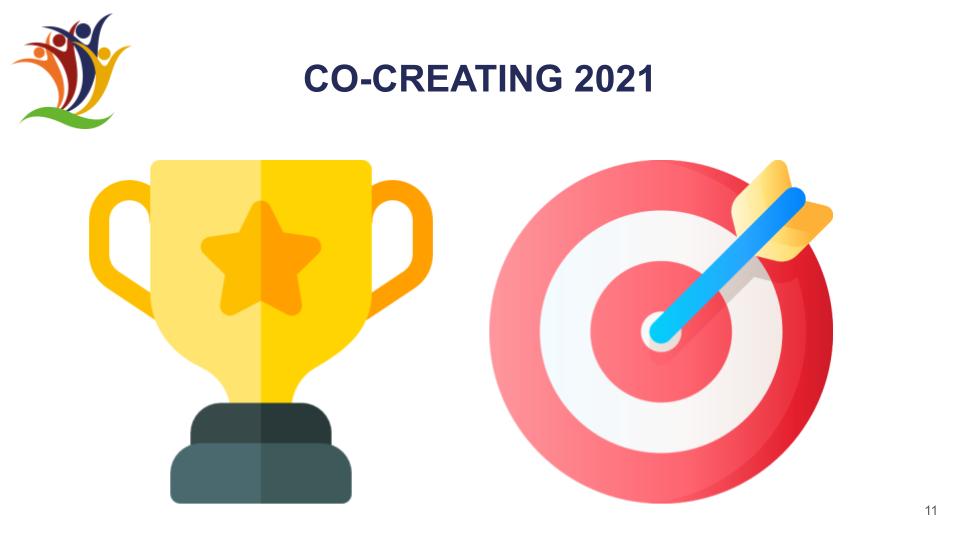December’s global call by the Movement for Community-Led Development provided our movement members and national chapter leaders with the opportunity to reflect on 2020 and think collaboratively towards co-creating 2021. As Raj Kuman recently said, 2020 may have set back development by a decade, but it also accelerated the transformation of development by a decade. We look towards 2021 to continue to push for community-led processes to be adopted at a bigger scale.
Special Announcements
- Join us Wednesday, January 27 at 8 am EST as we share the findings of this research and launch new collaboratively developed tools to assess and improve locally-led development programming. Please register here and click here for more information.
- 11 Days of Activism for Community-led Development, January 18-28. We are asking for submissions of blog posts, short videos, or quotes around the 11 characteristics of CLD. Please express your interest to sera.bulbul@thp.org by December 22nd!
After a recap of MCLD’s vision and an introduction to domains for transformative action by John Coonrod, we turned our attention to a group discussion based on strategies and priorities for 2021.
The Power of Conversations
A collective goal for 2021 is to find our way to bigger microphones. That being said, we also articulated the importance of having smaller, individual conversations. In the experiences of our movement members, individual conversations are often the most powerful way, especially with stakeholders around the world. Regional dialogues across Africa have proved valuable throughout 2020 as our National Chapters use peer learning to further empower each other. Often these conversations lead to networks, and we noted that working through existing networks is a powerful strategy.
Funding: Re-examine the business-as-usual practices within the international development space
We noted that there is room for change in the realm of fundraising and access to donors. Some suggestions around this topic were to examine ways to open the door for impactful local players to have a role in funding. Further suggestions included strategizing a mechanism to pool funds for donors, and then streamline access to these pooled funds for local actors.
Mechanisms to Promote Active Citizenship
In reflecting on elections and the trouble with authoritarianism, many of our movement members suggested ways to combat passivism. The Hunger Project Mexico is designing mechanisms to identify active citizen participation in elections, and planning to help with proposals for the upcoming election. The Benin chapter of the movement also plans to focus on governance through the documentation of good practices to support municipal consulates and the capacity development of communities.
Capacity Recognition in Community-led Development
Another significant theme that we discussed was the continuing paradigm shift – from capacity “building” (as if it weren’t there) to capacity “development” (to seeing it but feeling it needs to be better) to capacity “recognition.”
Progress of the National Chapters
Pascal Djohossou, Regional Director for West Africa, voiced his commitment to a regional dialogue across West Africa, to using the CLD Assessment Tool, and to continue to support new chapters like Sierra Leone and Guinea. Despite a tumultuous 2020, the COVID-19 pandemic has actually accelerated the work of our National Chapters. The four-step National Chapter strategy was launched in September. Each chapter is unique, and chapters continue to learn from each others’ experiences. In this process, we have noticed that recognition and solidarity go a long way.
We look forward to 2021, and to more opportunities to strengthen this global movement!


